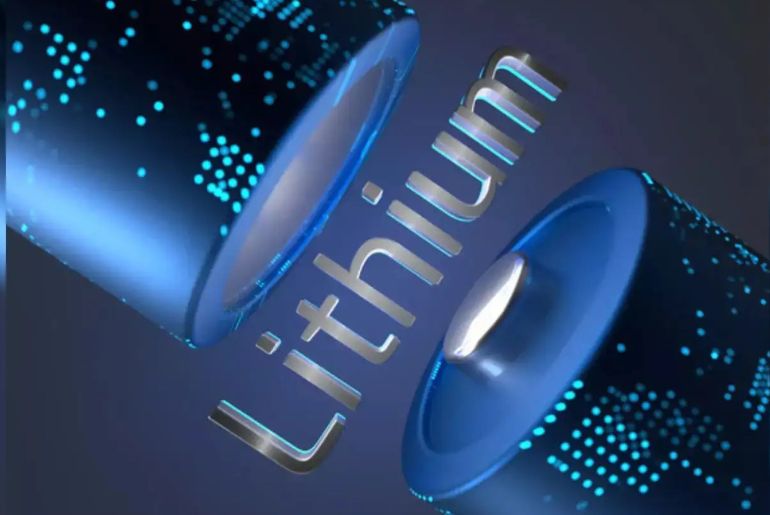Maruti Suzuki Chairman R.C. Bhargava has cautioned that India’s heavy dependence on imported lithium and rare earth materials could undermine the country’s electric vehicle (EV) battery manufacturing ambitions. Speaking at a recent event, Bhargava highlighted that supply vulnerabilities, particularly reliance on China, pose significant risks to domestic investments in EV battery production.
Import Dependency a Major Risk
Bhargava pointed to China’s recent restrictions on rare earth magnet exports as a warning sign for India. He noted that such measures create uncertainty in supply chains, discouraging investors from committing to large-scale battery cell manufacturing projects in the country.
“Lithium imports are a critical bottleneck. Unless we can reduce our dependence, the risks of disruption will continue to weigh on India’s EV growth,” Bhargava said.
High Investment, Low Assurance
The Maruti chief explained that setting up battery cell plants requires capital investments of up to ₹20,000 crore, making it one of the most resource-intensive sectors in the automotive value chain. Without reliable raw material supply assurances, potential investors remain cautious.
Steps Toward Localization
Despite these concerns, Maruti Suzuki has made progress through its subsidiary TDS Lithium-Ion Battery Gujarat Pvt Ltd (TDSG). The company has achieved localised manufacturing of lithium-ion battery cells at the electrode level, a first for India. These batteries are currently being used in the hybrid systems of the Grand Vitara SUV.
Bhargava stressed that while localisation is a step forward, scaling up will require strategic action to diversify raw material sourcing and build resilient supply chains.
Industry Outlook
India has ambitious plans to accelerate EV adoption, but supply-side challenges could delay progress. Experts believe that long-term solutions may include developing domestic lithium reserves, forging strategic global partnerships, and boosting recycling initiatives to reduce import reliance.
With Maruti Suzuki’s push into both battery electric and hybrid vehicles, Bhargava reaffirmed the company’s commitment to India’s EV future—but underlined that self-reliance in raw materials is critical for sustainable growth.

